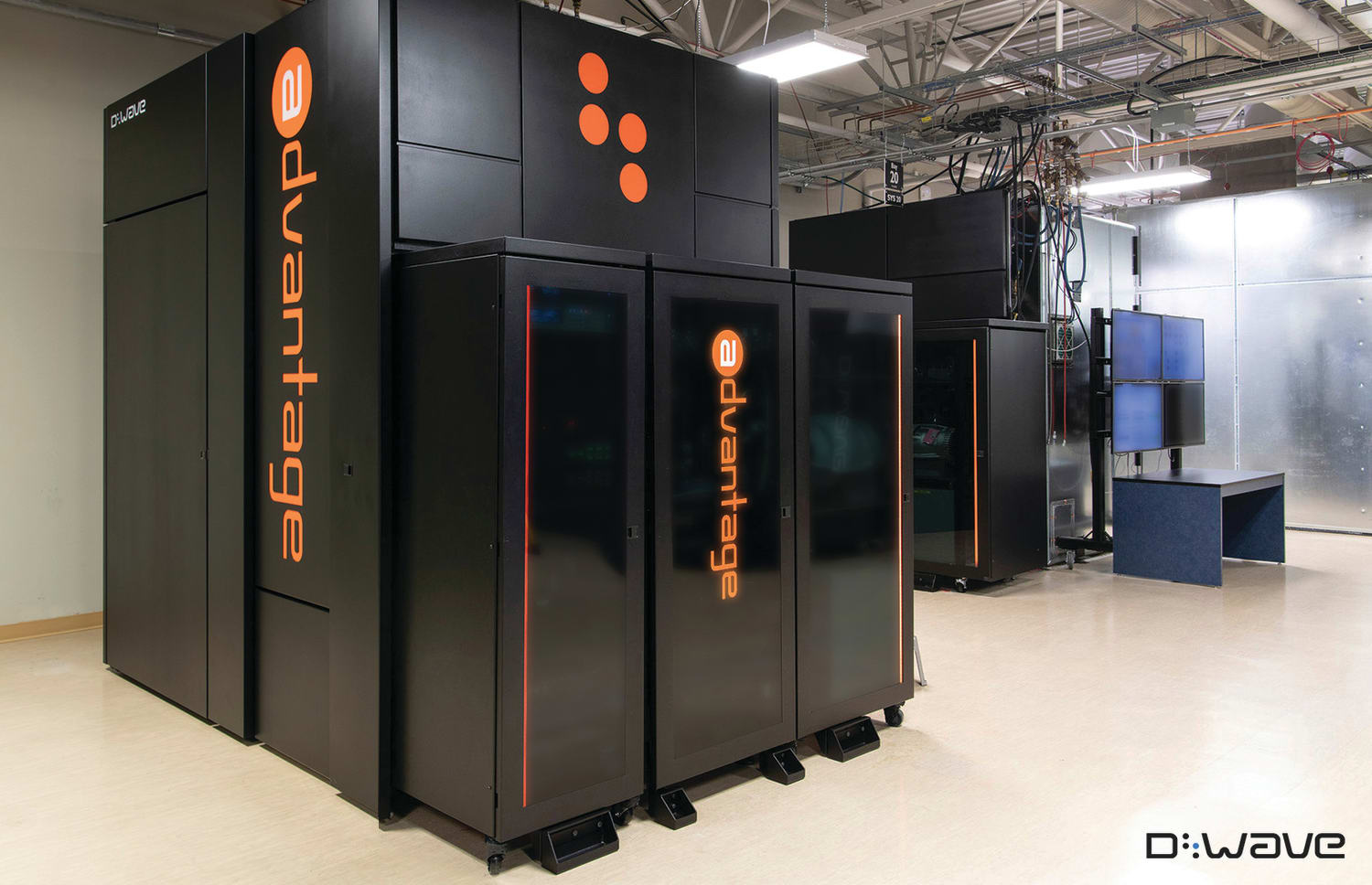Just as organizations are racing to embed artificial intelligence into their operations, another technological tsunami is gathering force. While businesses grapple with AI, quantum computing – a new approach that is faster and infinitely more powerful than what we have today - is gradually moving out of the research labs into commercial reality.
Already in 2025, major breakthroughs in the quantum computing space suggest that the technology's transformative potential could arrive sooner than expected. Microsoft's February announcement of its Majorana 1 chip was followed by D-Wave's claim of achieving "quantum supremacy" in March, while Cisco recently unveiled an entanglement chip that it says could accelerate practical quantum computing by a decade.
These developments, alongside IBM's commitment of $30 billion to advance quantum manufacturing, highlight a race between different technical approaches that is intensifying. Companies are pursuing various paths from superconducting circuits to light-based systems. After decades of research, Microsoft has had a breakthrough with an approach based on “topological architecture,” which promises better error resistance – a crucial hurdle to overcome before quantum systems can achieve scale.



